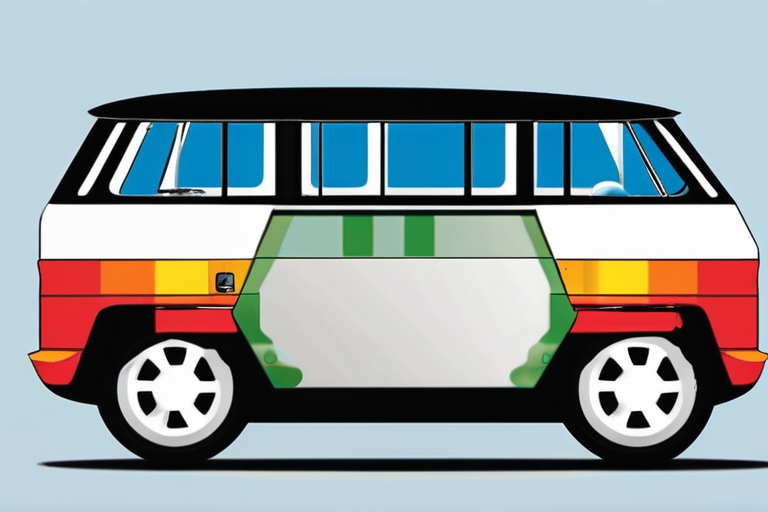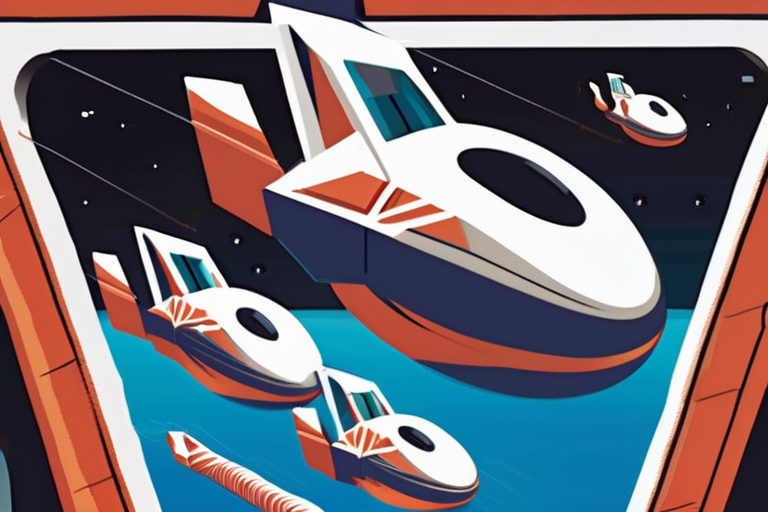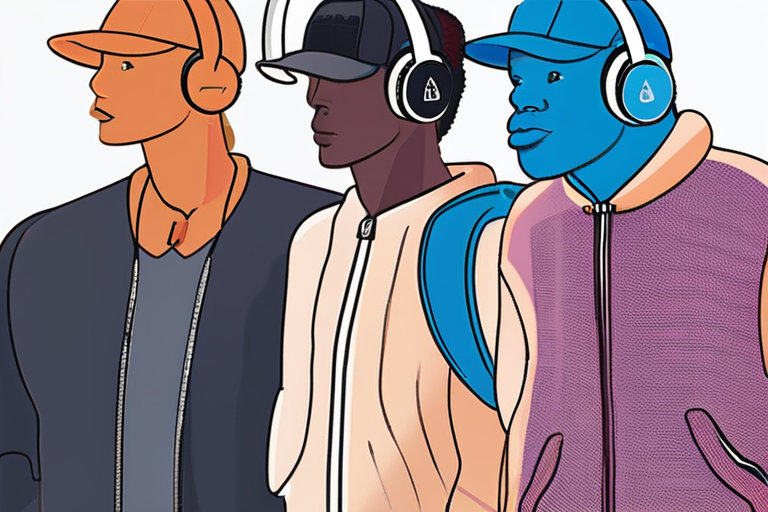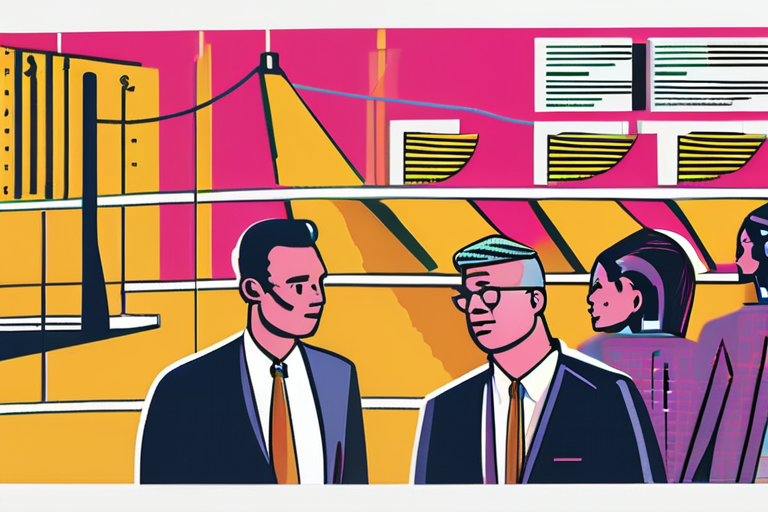Volkswagen's Electric Vehicles Raise Concerns Over African Conflict Minerals
BERLIN, GERMANY - OCTOBER 3, 2025 - Volkswagen's electric vehicles (EV) may be tainted by the use of conflict minerals sourced from Africa, according to new investigative research by DW and Dutch magazine De Groene Amsterdammer.
The report reveals that the German automaker is among several major car manufacturers in Europe using tantalum, tin, tungsten, and gold (3TG) minerals in their EV production. These materials are crucial for building suspension systems, wiring, lighting, and electronic displays. However, the Democratic Republic of Congo (DRC), which boasts some of the world's largest 3TG deposits, has been embroiled in a violent conflict fueled by profits from mining these minerals.
"We've found that several major car manufacturers, including Volkswagen, are using 3TG minerals in their EV production," said DW investigative journalist, Maria Rodriguez. "These materials are often linked to human rights abuses and funding armed groups in the DRC."
The research highlights the complex supply chain of 3TG minerals, which can be sourced from various countries, including the DRC, Rwanda, and Uganda. While some companies claim to have implemented responsible sourcing practices, others remain opaque about their supply chains.
"It's a cat-and-mouse game," said Dr. John Mwaniki, a mining expert at the University of Nairobi. "Companies may claim to be using conflict-free minerals, but it's difficult to verify without robust due diligence."
The DRC has been plagued by conflict for decades, with various armed groups vying for control over mineral-rich territories. The 3TG minerals have become a lucrative commodity, fueling the conflict and perpetuating human rights abuses.
Volkswagen has yet to comment on the allegations, but the company has faced criticism in the past for its handling of supply chain issues. In response to the report, a spokesperson for the German automaker stated that they are "committed to responsible sourcing practices" and are working to improve their supply chain transparency.
The use of conflict minerals in EV production raises concerns about the industry's commitment to sustainability and human rights. As the world transitions to electric vehicles, companies must ensure that their supply chains do not perpetuate harm and exploitation.
The research highlights the need for greater transparency and accountability in the automotive industry's supply chains. "It's time for car manufacturers to take responsibility for their actions," said Rodriguez. "We urge Volkswagen and other companies to come clean about their sourcing practices and work towards conflict-free mineral extraction."
As the world grapples with the complexities of sustainable production, Volkswagen's EVs may be at the center of a growing controversy over African conflict minerals.
Background:
The 3TG minerals are critical components in modern electronics and automotive manufacturing. The DRC is home to some of the world's largest deposits of these minerals, which have become a lucrative commodity in the global market.
Context:
The use of conflict minerals has been a long-standing issue in the DRC, with various armed groups vying for control over mineral-rich territories. The 3TG minerals have fueled human rights abuses and perpetuated violence in the region.
Perspectives:
Dr. John Mwaniki, a mining expert at the University of Nairobi, emphasized the need for robust due diligence in supply chains. "Companies must be transparent about their sourcing practices and ensure that they are not contributing to conflict or human rights abuses."
Maria Rodriguez, DW investigative journalist, highlighted the complexity of the issue. "The use of conflict minerals is a symptom of a larger problem – the lack of transparency and accountability in global supply chains."
Next Developments:
Volkswagen has yet to comment on the allegations, but the company faces growing pressure to address concerns over its sourcing practices. As the world transitions to electric vehicles, companies must ensure that their supply chains do not perpetuate harm and exploitation.
Sources:
DW investigative research
De Groene Amsterdammer magazine
University of Nairobi
Volkswagen spokesperson
*Reporting by Dw.*



 Hoppi
Hoppi
 Hoppi
Hoppi

 Hoppi
Hoppi

 Hoppi
Hoppi

 Hoppi
Hoppi

 Hoppi
Hoppi










